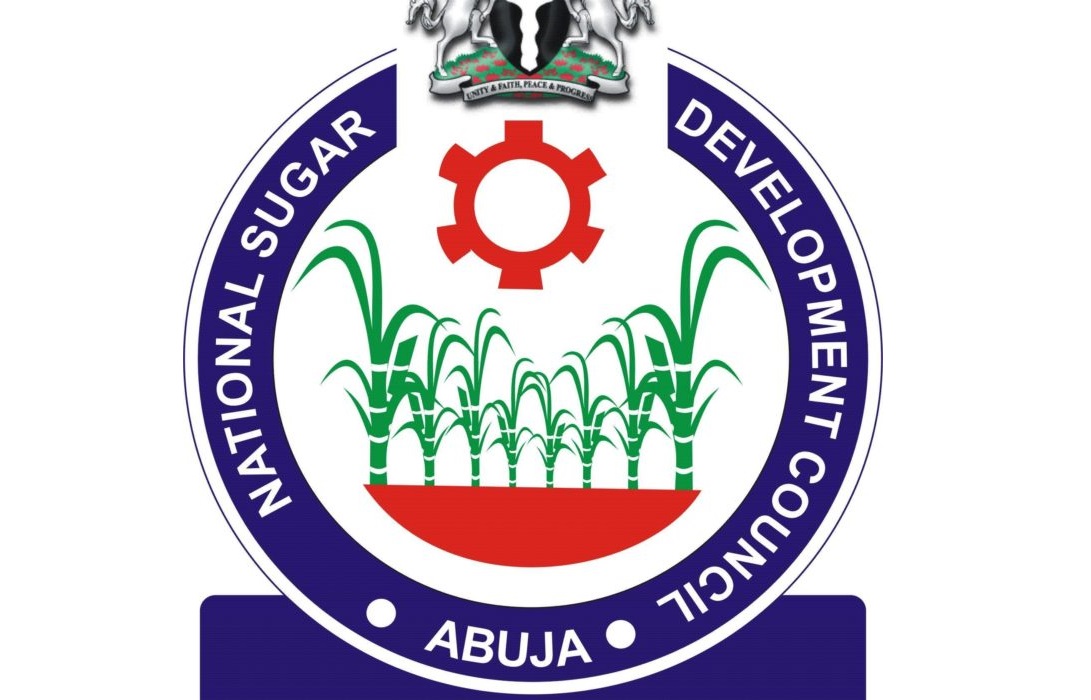Even the most virulent critics of the President Muhammadu Buhari government will no doubt hail his administration’s resolve to takeover, continue, sustain and still fund some very important projects and policies it inherited from its predecessor in 2015.
True to its change mantra, the Buhari administration thought otherwise, and acted differently in the interest of the nation.
One of such well thought-out policies that the Buhari administration inherited from its predecessor and adopted as one of the frontline programmes of this government is the Nigerian Sugar Master Plan (NSMP), a 10-year roadmap policy which seeks to meaningfully revitalize the once vibrant sugar sub-sector and make Nigeria one of the leading sugar-producing nations within the continent.
The sugar roadmap policy, which its actual implementation began in 2013, is anchored on four major planks which are: to raise local production of sugar to attain self-sufficiency; to stem the rising tide of unbridled importation of the commodity; to create huge number of job opportunities and to also contribute to the production of ethanol and generation of electricity.
Though, the National Sugar Development Council (NSDC) is the leading implementing agency of the policy, but its implementation involves allocation of responsibilities to engender maximum participation by all relevant stakeholders like the National Agency for Food and Drug Administration and Control, Standards Organization of Nigeria, Nigeria Customs Service, Central Bank of Nigeria, Federal Ministry of Finance as well as other relevant MDAs.
Stakeholder institutions and facilitators such as millers, importers, cane growers and banks equally play pivotal roles in the implementation of the master plan.
The journey to self-sufficiency in sugar production isn’t without some hiccups, but the Federal Government through the National Sugar Development Council (NSDC), the leadership of the NSDC is committed to addressing those peculiar challenges.
It is an open secret that Nigeria has since met and surpassed its raw sugar refining capacity, which is a major component of the NSMP, a feat which government is trying its best to replicate in the Backward Integration Programme (BIP) aspect of the Nigerian Sugar Master Plan (NSMP).
The Council has in more ways than one demonstrated its readiness to ensure that the sugar BIP project achieves its desired objectives and in different engagements with operators in the sector reiterated Council’s firm position on the implementation of the BIP.
In fact, Nigeria has since met its raw sugar refining capacity, which is a tremendous success and very commendable. But the successes achieved in the area of raw sugar refining must be replicated in the BIP project. We can only celebrate as a sector if we are able to grow cane and produce raw sugar locally. It’s a tough job, but the council has said it is more than ready to achieve the target objectives given its commitment and efforts.
Since March 2021, there have been innovative ideas to address challenges in the sugar sector. Tops on the list of the issue that received the council’s attention is the perennial clash between sugar operators and members of host communities over land ownership.
To solve this lingering issue, the council set up the Forum of Sugar Producing State Governors ably chaired by the Governor of Nasarawa state, Engineer Abdullahi Sule.
The initiative was a smart move given that lands are under the authority of state governors; they have the stamp of authority to allocate lands without any hue and cry.
Also, the creation of an Investment Desk domiciled in the Council to handle issues relating to investments, zero duty incentive on importation of machineries and equipment for sugar estates as well issues bothering on seizures by the Nigeria Customs Service.
This initiative has laid to final rest recurring faceoffs between sugar operators and regulatory bodies across the nation’s ports.
Recently, to encourage investors in the sector, President Muhammadu Buhari launched a 73 million USD irrigation infrastructure fund to cushion the negative impacts of the COVID-19 pandemic on sugar operators implementing the BIP project, namely Dangote Sugar Refinery, BUA Sugar Refinery, Golden Sugar Refinery and KIA Africa Group.
President Muhammadu Buhari, at the official unveiling of the intervention fund in Abuja,said “the aim of this intervention is to significantly improve the country’s performance on cane yields as well as reduce the negative impact of COVID-19 on the industry’s progress in achieving national self-sufficiency.
Consequently, this strategic intervention will enable the country’s leading sugar producers; Dangote, BUA and Flour Mills sugar to expand capacity and capitalize on the import substitution opportunity within the sugar market, to further reduce the country’s import bill”.
Executive Secretary, National Sugar Development Council (NSDC), Mr. Zacch Adedeji, has said the intervention was part of government’s determination to provide an enabling environment for private investments to thrive and flourish in the country.
Preliminary activities, including identification of the specific project sites for each operator which include framework for design and engineering services for the in-field and bulk water supply systems, project management and maintenance specifications, adoption of a business model and costing, among others have been concluded long before the formal commissioning of this laudable initiative.
To clear the air on certain misconceptions in some quarters on alleged favouritism and wilful distortion of the master plan by some operators, the council has debunked such claims saying, the NSMP is no longer a policy. It is now an Act of the National Assembly following its amendments in 2015, and said it shall no longer condone or tolerate deliberate distortion of the master plan by anyone.
Abdullahi W. Yunusa writes from Garki 11, Abuja.

 Join Daily Trust WhatsApp Community For Quick Access To News and Happenings Around You.
Join Daily Trust WhatsApp Community For Quick Access To News and Happenings Around You.


